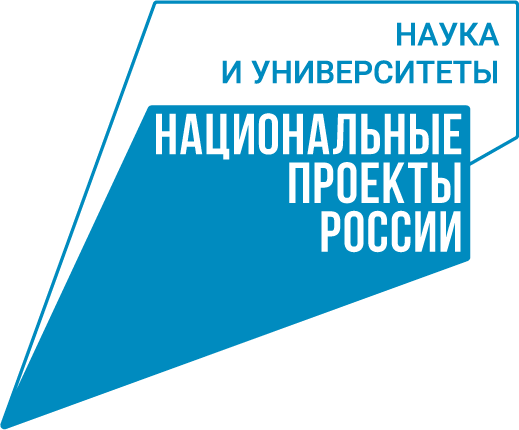Scientists from Ural Federal University have proposed an unparalleled technology for induction heating of die materials. The complex consists of several inductors (attached to the top and bottom plates of the vertical hydraulic press), as well as power supplies and cooling stations for power supplies and inductors. The engineering know-how is that the inductors heat the die materials while the hydraulic press runs for at least six hours. As a result, there is no need to stop the press or change the die equipment to heat it in an electric furnace.
‘It will be possible for metal-makers to run the vertical hydraulic press for as many as three shifts a day. Its productivity will double, energy consumption to produce large-sized aircraft stampings will decrease by 6.5 percent, while the labor input of the process will decrease by 14.5 percent. No manual operations for reinstalling the stamping tool will be needed, which means that more workforce and electric furnaces will be freed up, with working conditions improving,’ says Fyodor Tarasov, head of the development team, associate professor of the Department of Electrical Engineering and Electrotechnological Systems, Ural Federal University. ‘Most importantly, by 2025, the output will increase from 320 tons to 580 tons per year, with its quality improving and costs diminishing, which is fully in line with the interests and demands of Boeing, Airbus, and Sukhoi.’
The project is being implemented jointly with the Kamensk-Uralsky Metallurgical Plant. The ‘Transition to Environmentally Friendly and Resource Efficient Energy Production...’ project has received support from the Russian government as a priority project in the sphere of scientific and technological development. The government will allocate subsidies of ₽50 million to support the project, while the Aluminium Products Company will invest a similar amount. The government finances university research and development work, while the plant is modernizing the industrial site. According to the agreements, by the end of 2021, the factory workers will receive equipment that has been installed and tested.
